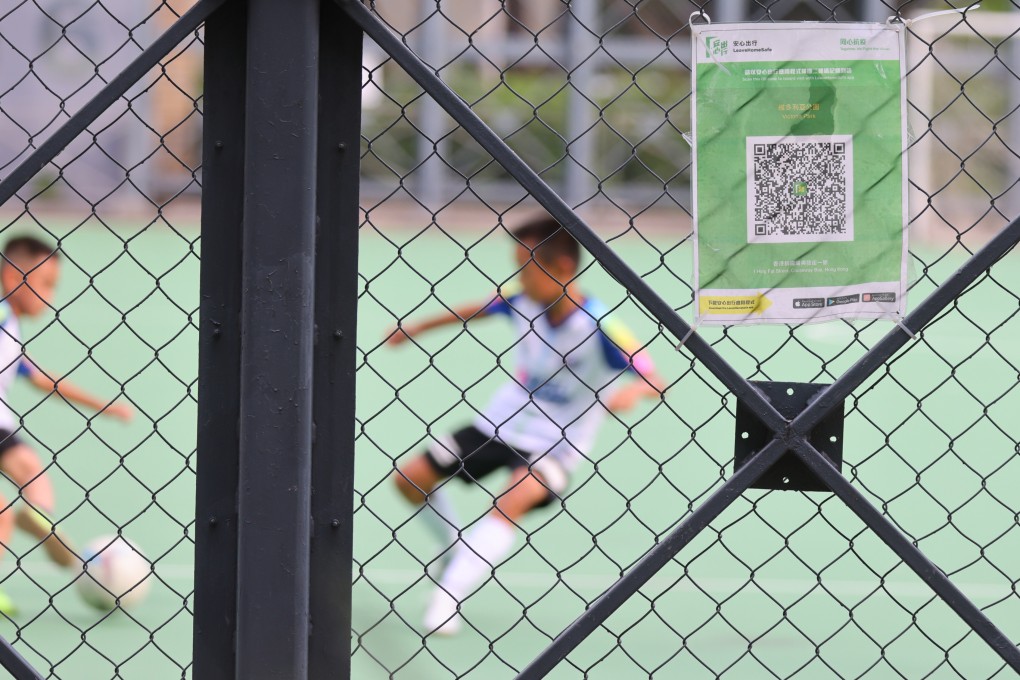Letters | Contact tracing, not vaccination, is the key to reopening the border with the mainland
- Readers discuss how Hong Kong can improve contact tracing, make the vaccination drive elder-friendly and boost take-up of the jab in general, as well as why the city should relax mask policies

This appears to be because the central government has no confidence in Hong Kong’s infection control measures, which are inconsistent with the mainland’s. While the Hong Kong government believes that boosting the vaccination rate will help, officials have probably ignored the fact that the mainland has allowed quarantine-free travel to and from Macau since August 2020, when no vaccination was available. Thus, the key to addressing the central government’s concerns is not the vaccination rate, but aligning Hong Kong’s contact tracing and inbound quarantine measures with the mainland’s.
This is because hotel rooms are not designed to be isolation facilities and protective gear may not insulate hotel and airport staff from infection. Quarantine hotels should be upgraded in a standardised manner to enhance ventilation. The Centre for Health Protection should provide guidelines and the government implement protocols stipulating standards for protective gear worn by hotel and airport staff to minimise infection or contamination. Vaccination alone cannot eliminate Covid-19, though it minimises the risk of infection.
Moreover, contact tracing measures in Hong Kong are not consistent with those on the mainland, as Hong Kong merely conducts compulsory testing in areas when outbreaks happen, and relies on people’s self-discipline in reporting their movements. The “Leave Home Safe” app allows users to be anonymous, and it is neither mandatory, nor has any location tracking function. The government should consider aligning its contact tracing policy with that of the mainland to resolve technical, political and legal issues.
The continued travel restrictions and social distancing measures have jeopardised Hong Kong’s economy and social stability. Only by considering the above measures to ease the concerns of the central government can the situation be improved. When the central government’s concerns are addressed, it will relax the travel restrictions on Hong Kong.